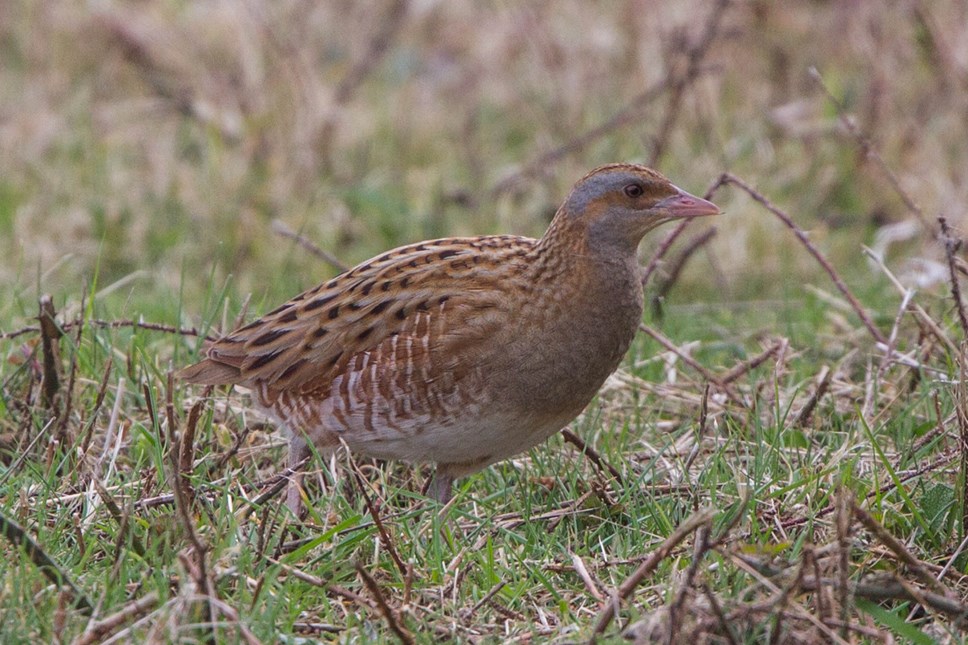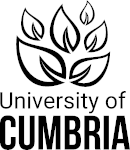
Lockdown antidote transports woodlands to homes
A unique antidote to lockdown is offering a magical soundwalk through stunning south Cumbrian woodlands showcasing nature at its best and most fragile.
Heading the stella line-up in a 30-minute audio classic are corncrake, once a common sight in the Rusland Valley, and now regionally extinct after their ground-nesting habitats fell victim to farm machinery and changes in land management.
Now, thanks to the pioneering Back on Our Map (BOOM) initiative, their raspy voices can be heard again, along with other birdsong and evocative descriptions of a winter wonderland.
BOOM’s far-reaching four-year reintroduction programme for 10 threatened species across south Cumbria also looks at cultural heritage and what has been lost. The aim is to roll out pioneering actions encouraging people to reconnect with nature.
Led by University of Cumbria, with Morecambe Bay Partnership (MBP) spearheading community involvement, the project has been made possible through money raised by National Lottery players.
MBP team leader, Michelle Cooper, explained with Covid restrictions affecting communal projects, it had been decided to produce a soundwalk, taking nature’s glories into people’s homes.
She said: “We have been able to capture something of the magic of Rusland’s woodlands, the peacefulness, birdsong and trees, along with words and recollections of farmers and coppice workers, past and present.
“Nature has brought such respite during the pandemic, when outdoors spaces have been valued more than ever before. We hope the soundscape will inspire people to take time to look and listen to their local wildlife and precious habitats – and to cherish them.”
Cumbrian sound artist, Dan Fox, and ecologist, Mike Douglas, bring the sounds, memories and images flooding back to life.
Mrs Cooper said there was anecdotal evidence that, despite their extinct status, corncrake had occasionally been heard calling over Rusland’s meadows in early spring.
She added: “Sadly, they don’t stay because the habitat isn’t yet suitable for rearing young. They suffered high mortality rates through mechanical mowing and inadequate grass cover to protect them from predators. A move away from hay to silage further accelerated their decline.
“We hope we can encourage more research into this beautiful bird and in the meantime share a special lost species with as wide an audience as possible.
“Our ‘BOOMcast’ gives insights into how farming has changed and the effects on wildlife. Farmers, charcoal burners and coppice workers join the conversation, recalling steam and horse power.
“The aim is to share sounds and provoke conversations across the generations. It’s a wonderful escape into tranquillity and will especially appeal to those shielding, self-isolating, or unable to leave home.”
The recording is on:
https://www.recordingmorecambebay.org.uk and search for corncrake
https://www.facebook.com/BackOnOurMap
Corncrake, picture credit Ron Knight, Creative Commons
Picture shows producer, sound artist Dan Fox on left with ecologist Mike Douglas recording in Rusland woodland
For interview requests please contact Karen Barden 015395 52366, 07793 083106
